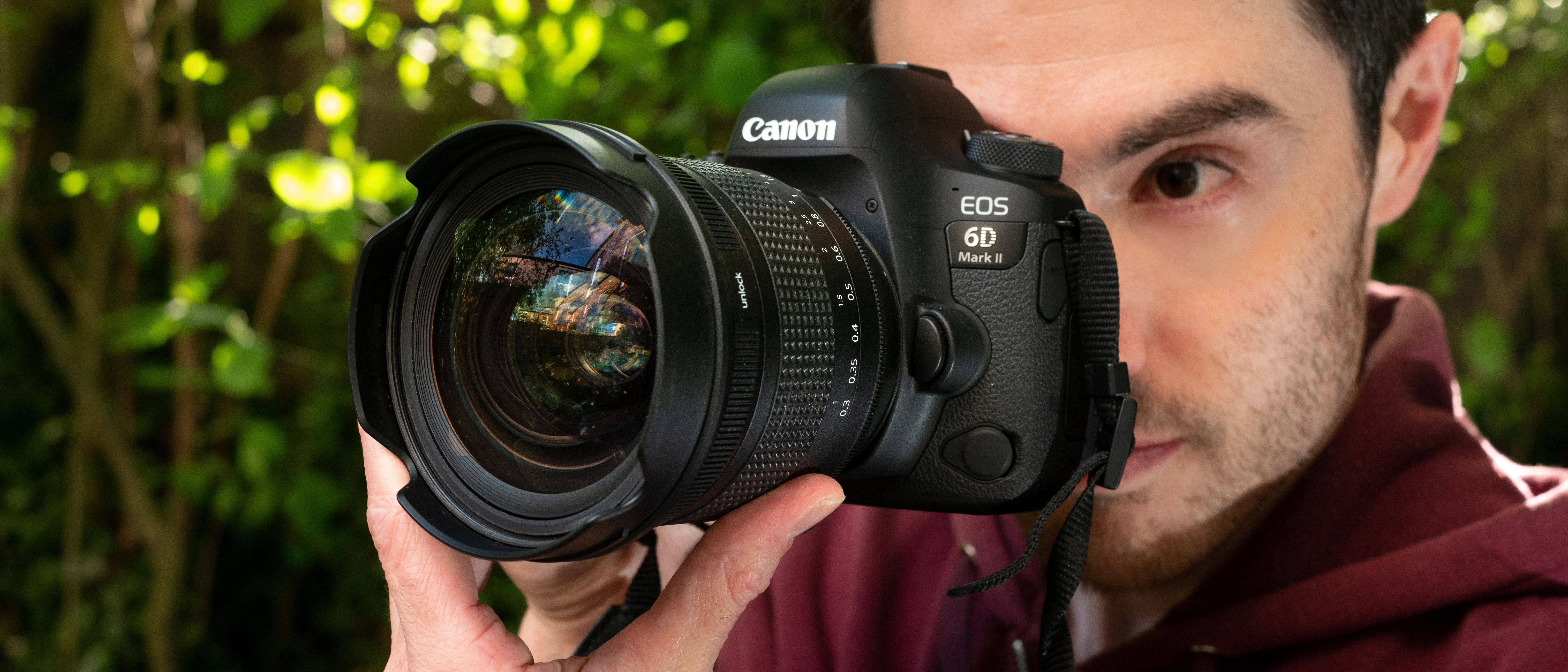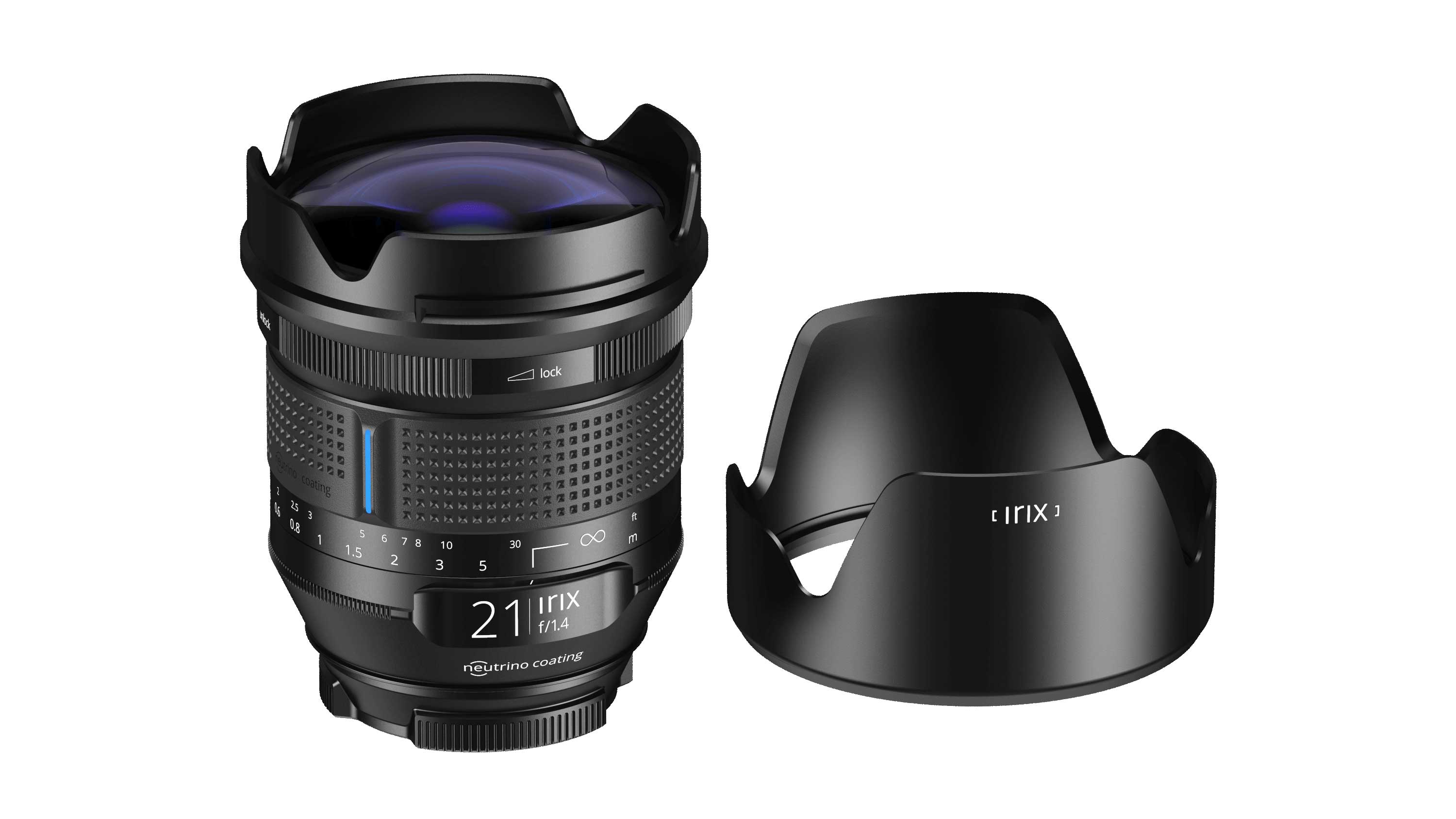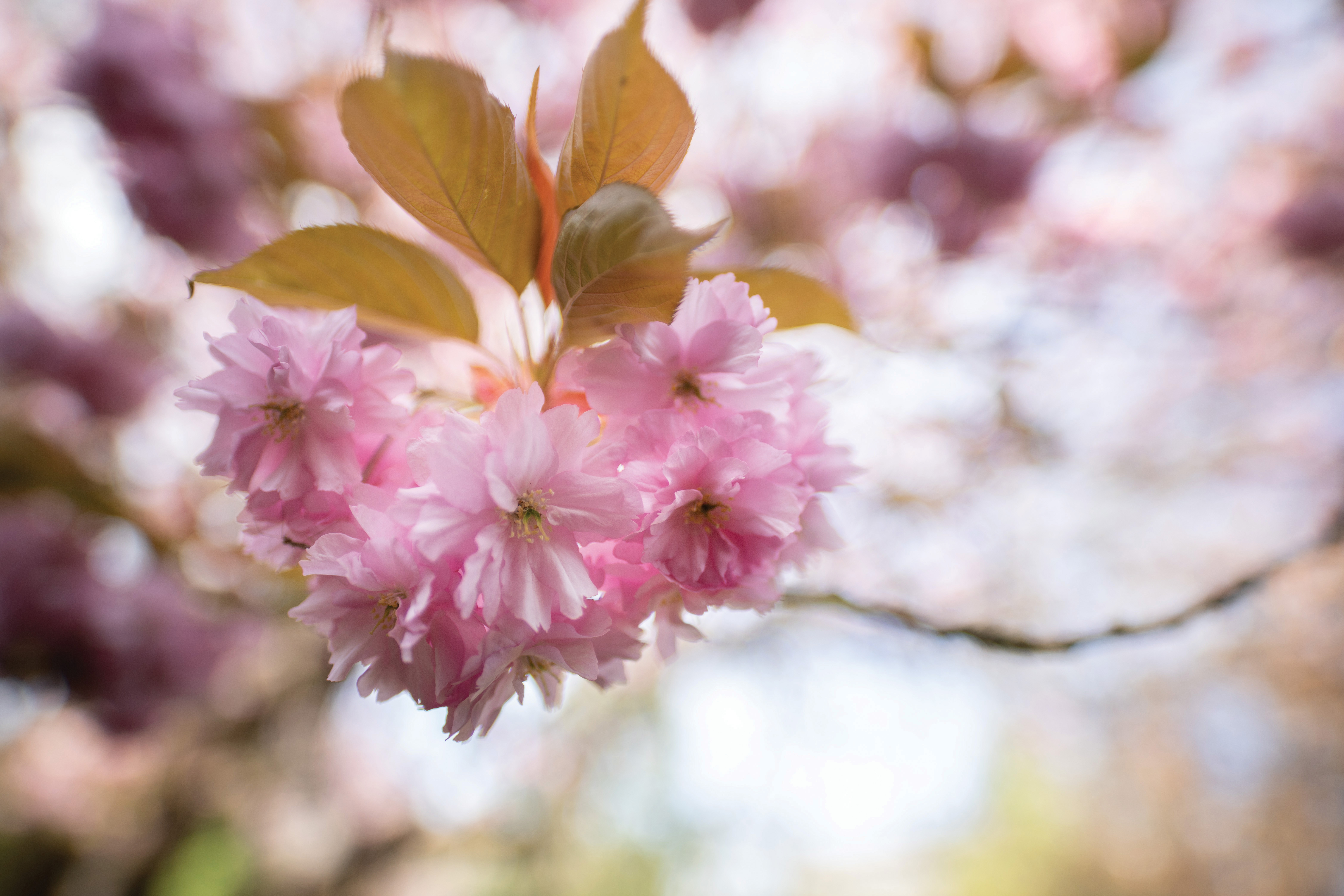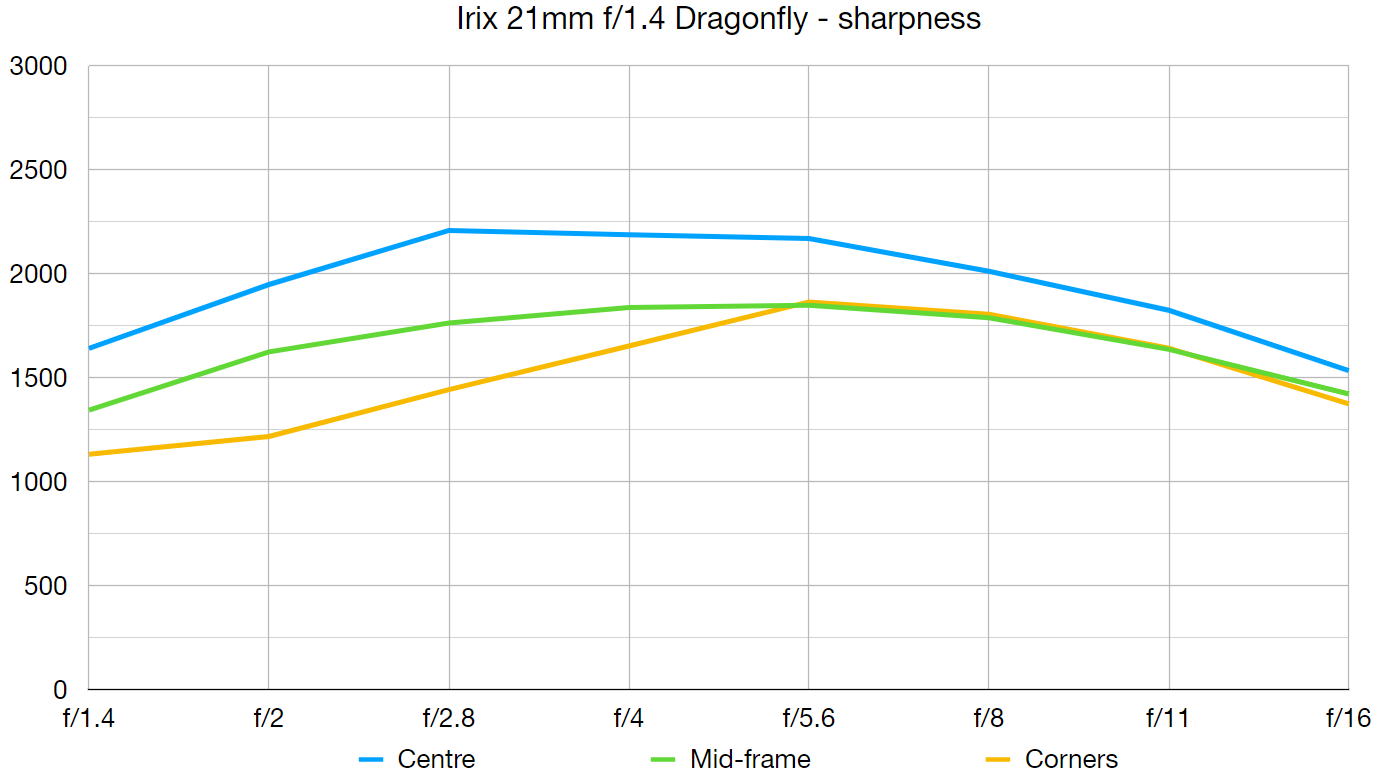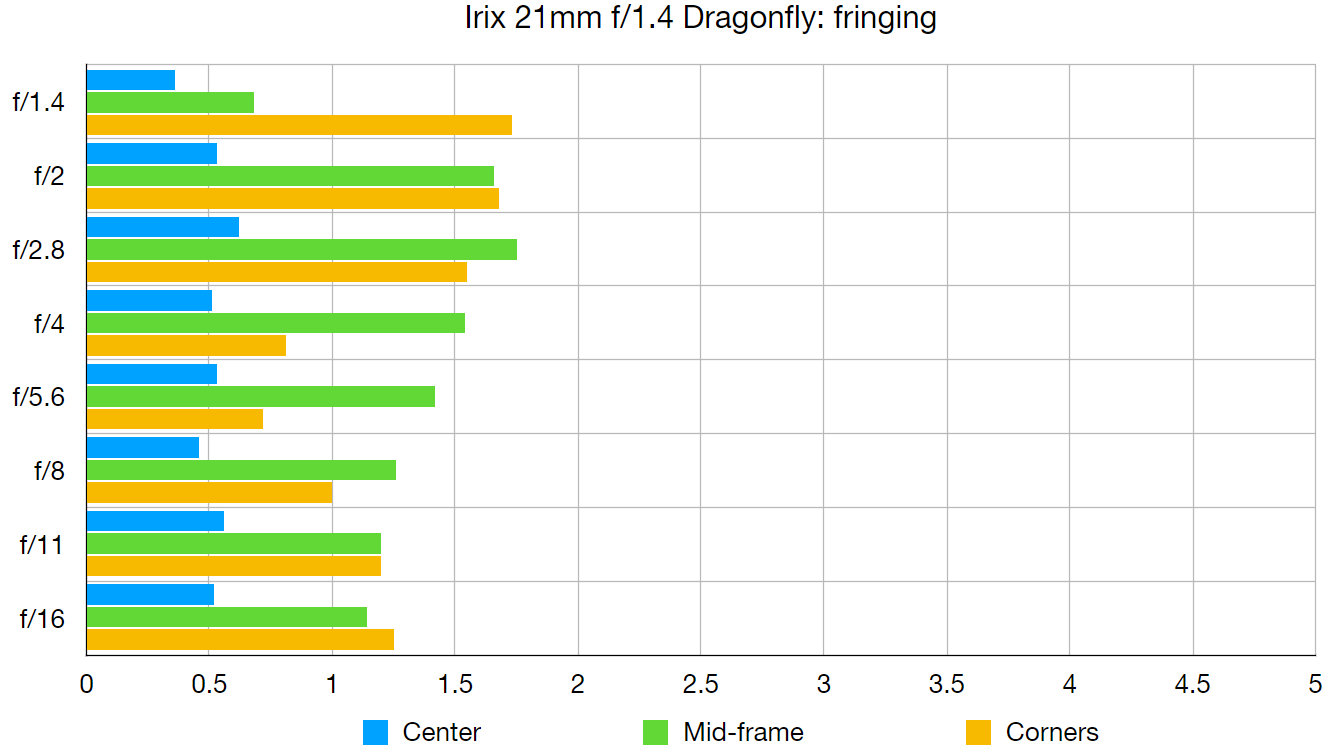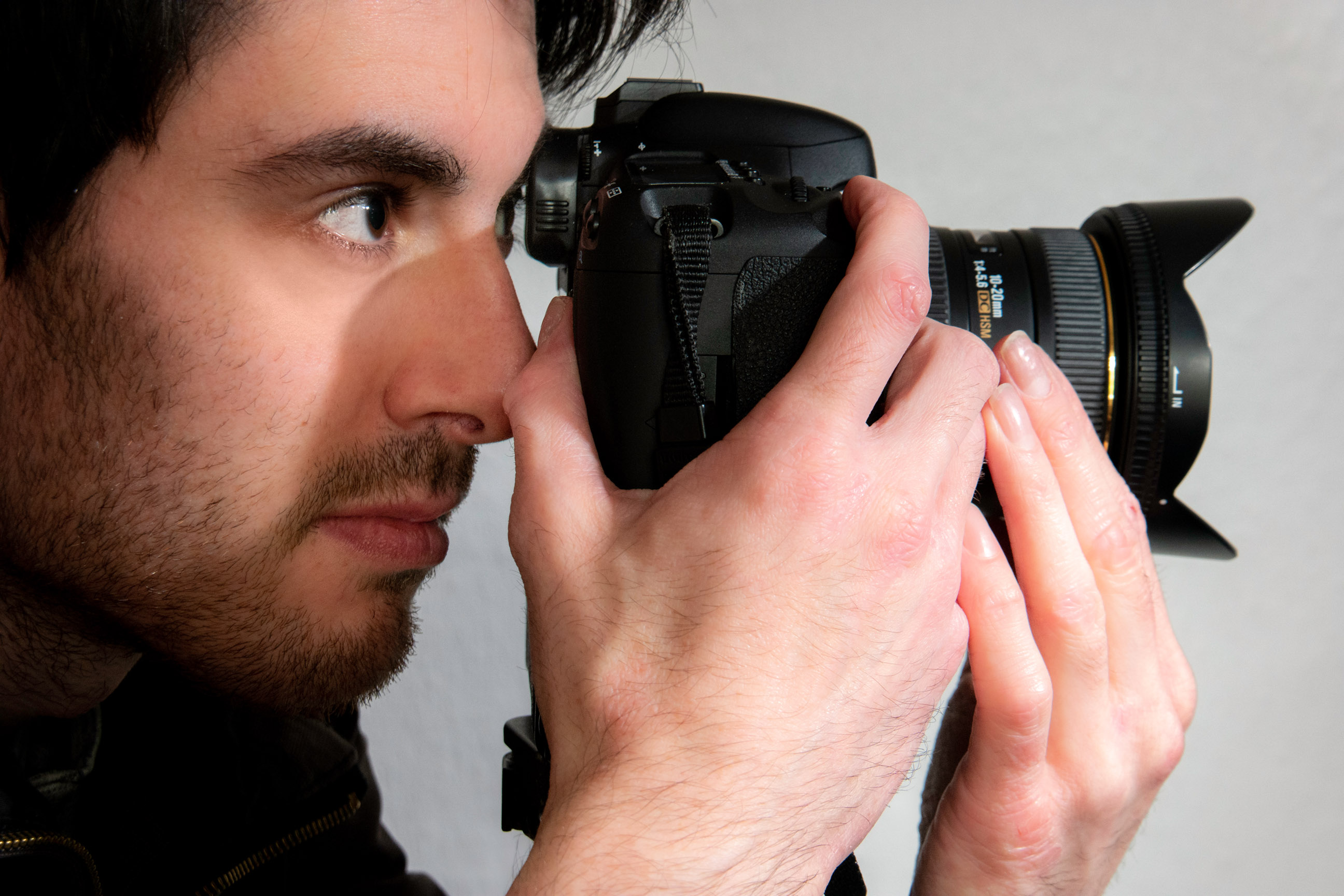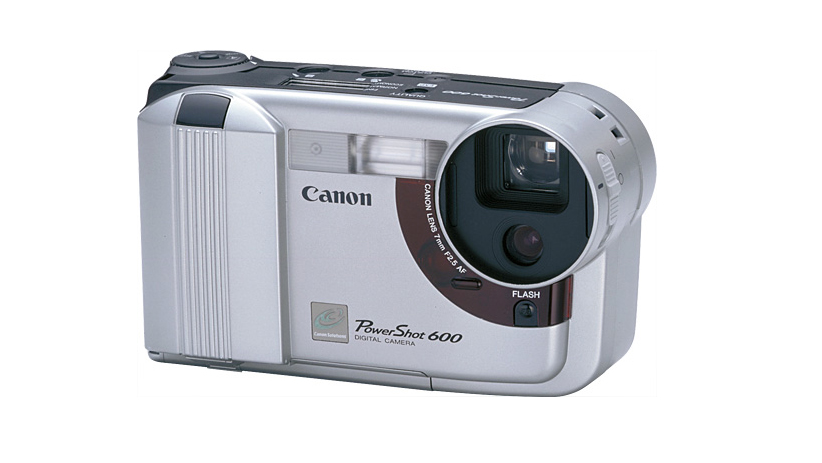Digital Camera World Verdict
With a great combination of wide perspective and shallow depth-of-field, the Irix 21mm f/1.4 Dragonfly is a superb option for portrait and travel photographers. The manual focus is always going to be a challenge at such wide apertures, but with practice, this can be a powerful tool in your arsenal.
Pros
- +
Solid build and handling
- +
Bright max aperture
- +
Superb bokeh quality
- +
Top sharpness
Cons
- -
Manual focus only
- -
No filter thread
Why you can trust Digital Camera World
Combining Swiss precision, Korean ingenuity and Japanese glass, the Irix 21mm f/1.4 Dragonfly is built for professional use and promises to deliver sharp images with minimal distortion or aberrations.
This super-fast, wide-angle prime is ideal for shooting anything from astrophotography to interiors, landscapes, architecture, or even weddings. It benefits from internal focusing, a weather-sealed design, and a rigid, durable casing. Fifteen lens elements in eleven groups include four ultra-low dispersion elements, four high refractive elements and two aspherical elements.
The lens has full-frame sensor coverage and comes in Canon EF, Nikon F (FX) and Pentax K mount options. All feature a scratch-resistant coating on the front element, an anti-slip focus ring for precision focusing, EXIF data recording capabilities, and an 11-blade diaphragm promising silky-smooth bokeh. Irix even includes a high quality rigid carrying case.
Specifications
Mount: Nikon F (FX), Canon EF, Pentax K
Full-frame: Yes
Autofocus: No
Stabilization: No
Lens construction: 15 elements in 11 groups
Angle of view: 89.7 degrees
Diaphragm blades: 11
Minimum aperture: f/16
Minimum focusing distance: 0.3m
Filter size: N/A
Dimensions: 101x95mm (Canon), 99x95 (Nikon)
Weight: 830g (Canon), 816g (Nikon)
Build and handling
As we’ve come to expect from Irix Dragonfly lenses, the 21mm f/1.4 is a sturdy optic. Everything about the construction feels solid, from the barrel to the focus ring and even the included lens hood. The ring turns with just the right amount of resistance, which is important in a wide-aperture, manual focus model – it allows easy yet precise microadjustments. The metal lens mount rounds off a professional handling experience. It’s not lightweight but will feel at home on a DSLR or high-end mirrorless full-frame camera.
Performance
The glass turns in an excellent performance, with high levels of sharpness throughout the frame. At f/1.4, results are more than acceptable, which is great news since this is where this lens will often be used. Stopping down to f/2 gives a dramatic reduction in softness though, so if you can spare the stop of light where possible, the jump in sharpness is worth it. Bokeh is beautifully smooth, which is nice to see from an optic this wide. There was minimal cats-eye distortion in our samples and onion-rings seemed mostly absent. Geometric distortions are also impressively low for a wide-angle.
Lab results
We run a range of lab tests under controlled conditions, using the Imatest Master testing suite. Photos of test charts are taken across the range of apertures and zooms (where available), then analyzed for sharpness, distortion and chromatic aberrations.
We use Imatest SFR (spatial frequency response) charts and analysis software to plot lens resolution at the center of the image frame, corners and mid-point distances, across the range of aperture settings and, with zoom lenses, at four different focal lengths. The tests also measure distortion and color fringing (chromatic aberration).
Sharpness:
The best camera deals, reviews, product advice, and unmissable photography news, direct to your inbox!
Center-frame sharpness is pretty good wide open at f/1.4, but becomes superb by f/2.8. Even more impressive is sharpness in the corners of frame. This is often significantly softer than at the center, due to the center of our sharpness test chart being so much closer to the lens than the corners of the chart. But the Irix handles this marked difference in depth of field particularly well for a lens of this focal length, retaining great sharpness across the whole image frame.
Fringing:
Fringing in the mid-frame and at the corners is apparent if you look closely, however it's not distracting.
Distortion: -1.16
Unsurprisingly for such a wide lens, there's a little barrel distortion, but it's not particularly noticeable.
Verdict
With a great combination of wide perspective and shallow depth-of-field, the Irix 21mm f/1.4 Dragonfly is a superb option for portrait and travel photographers. The manual focus is always going to be a challenge at such wide apertures, but with practice, this can be a powerful tool in your arsenal.
Read more:
• Best camera lenses to get
• Best Canon lenses
• Best Nikon lenses
• Best Sony lenses
As the Editor for Digital Photographer magazine, Peter is a specialist in camera tutorials and creative projects to help you get the most out of your camera, lens, tripod, filters, gimbal, lighting and other imaging equipment.
After cutting his teeth working in retail for camera specialists like Jessops, he has spent 11 years as a photography journalist and freelance writer – and he is a Getty Images-registered photographer, to boot.
No matter what you want to shoot, Peter can help you sharpen your skills and elevate your ability, whether it’s taking portraits, capturing landscapes, shooting architecture, creating macro and still life, photographing action… he can help you learn and improve.

